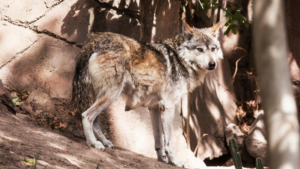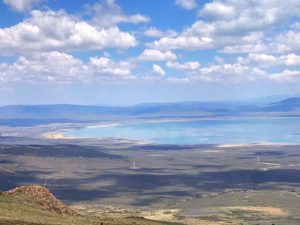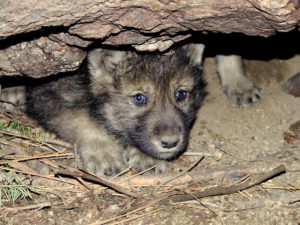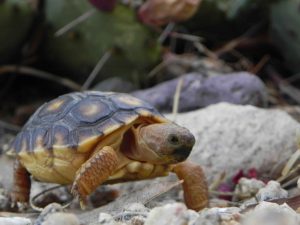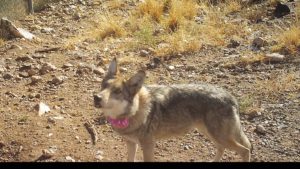Online Messenger #269
(view with pictures, as displayed in email)
Western Watersheds Project joined co-plaintiffs and colleagues in filing a federal court lawsuit to challenge Idaho’s recently-passed “ag gag” law, Idaho Code Ann. § 18‒7042 (2014), as unconstitutional. Idaho Governor “Butch” Otter signed the law into effect on February 28, 2014.
The new law criminalizes “interference with agricultural production.” In general, it criminalizes undercover investigations and videography documenting the “production of agricultural products for food, fiber, fuel, and other lawful uses.” The law makes it criminal to document animal welfare, worker safety, and food safety violations at any “agricultural production facility,” thus “gagging” speech that is critical of industrial animal agriculture. And while these things concern WWP, it is the law’s definition of agricultural production facility that conflicts with our mission and our activities documenting public lands livestock grazing abuses.
The law defines an “agricultural production facility” as any “structure or land, privately or publicly owned, leased or operated, that is being used for agricultural production.” Thus, while the law clearly intends to target whistle-blowers and journalists exposing the harms of Idaho’s factory farming operations, it is also conceivable that WWP could be charged for taking photos of cows being held in a temporary corral on a Forest Service allotment or behind a locked fence on public lands. This law is similar to others passed in other states, but Idaho is unique in adding “public lands” to the prohibition, and one might suspect efforts like WWP’s are exactly what the legislature was trying to criminalize.
In short, the Idaho law infringes the rights of Plaintiffs and gives the agriculture industry a virtual monopoly on the most relevant speech on a topic that is of vital importance to the public, thereby allowing the industry to provide a misleading account of its activities and hide violations of animal cruelty, labor, environmental, and food safety laws.
Agricultural operations need more transparency, not less, and WWP is proud to join non-profits such as Animal Legal Defense Fund, People for the Ethical Treatment of Animals, River’s Wish Animal Sanctuary, and the Sandpoint Vegetarian Society, and members of the investigative media in seeking to stop this law from being enacted.
WWP is represented in this litigation by University of Denver, Sturm College of Law professor Justin Marceau. Thank you Justin!

